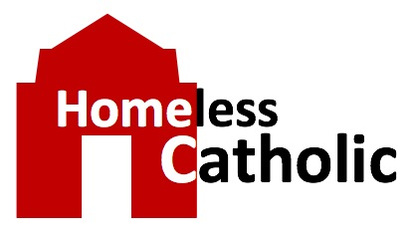Prosper and Profit
May 29, 2016The profit angst reared its ugly head again this week as I read and reviewed catcalls between two very different populist pugilists – Elizabeth Warren and Donald Trump. The reporters and pundits (mostly pundits) found great difficulty in hiding their personal hand-wringing over a mix of emotional and practical realities around ethics and money.
It appears that one popular position rests entirely upon the unethical view of profit, while the other unashamedly describes profitable endeavors as the engine for all human activity.
I reached for my new biblical commentary on such things, Thou Shall Prosper, a handy and heady tool regarding money for both personal and business ethics. The author, Rabbi Daniel Lapin, gets my applause every single time I read his measured wisdom on the subject of the coin.
My brother JD recommended the book about a year ago. He called it the best biblical resource for economics that he had ever read. He’s an economics wonk, along with his pastor/mentor/preaching duties. It’s been so helpful in re-grounding my sensibilities and affirmations on the subject of money. Thanks again, JD.
According to Rabbi Daniel, the storehouse of truth provided by scriptures on economics allows for lots of debate, and lots of room for variety in our personal pursuits within the human machinations of commerce. The Warren/Trump shouting match seems to center on four myths that Rabbi Daniel dispels quite handily in his chapter called, “Do Not Pursue Perfection.” All of Rabbi Daniel’s sources are what Christians call the Old Testament. I will not cite any of his Biblical sources. Buy the book.
Myth #1: Business is inherently unfair, causing inequality between those with more and those left with less. Business, actually, creates wealth by generating commerce within a community. Wealth is not a limited resource like aluminum. It is a sustaining interaction between people of talents, treasures, and freaking hard work. Equality is a canard, due to everyone’s identification of “poor” and their position in a community. And, both things can change on a dime, so to speak.
Myth #2: Business is fatally flawed, due to its premise of Greed. Greed is a perspective that is most often mistaken. Abundance from God portrays his unlimited resources. God is not greedy. Abundance within our physical world certifies our eager and lovely (yes, that’s his portrayal) care for each other. Gratitude is the watchword. When we receive, we can’t know the motivations of the giver, but we must be gracious. When we give, we share from both our capital and our profit. God knows what we are doing, and encourages us individually.
Myth #3: Business harms the environment. Rabbi Daniel takes a very practical view of our varied gifts and desires, where we each rank everything from liberty, justice, patriotism all the way to religion and environmentalism. We can’t accomplish the valuation of all equally, so we embark on missions that reflect our urging from God and our own desires. Environmentalism is not a God, nor is “nature.” It’s a value where some of us are charged to be leading the preservation of such. We must respect, though, the ethical priorities of everyone else. Very interesting conversation.
Myth #4: Business dehumanizes us, turning us into consumers. It’s a poetic, but unrealistic and unfair position to hold. The distinction between animals, even the brightest of creation, and humans is our spirituality. Neither buying or selling is an animal activity, so the activity of commerce is innately spiritual. Yes, he said that! It’s a radical and inviting notion, elevating commerce into a spirituality based pursuit and exercise.
I felt much better after reading Rabbi Daniel, as I always do when confronted with confusing banter and antics about money and the commerce that moves it around.
I had a cup of coffee made from a container of grounds left by vacationers at one of Joanne’s vacation homes, ate some toast purchased at Sam’s, and spooned out a bowl of cereal bought at Safeway. I thanked them all for being such good providers, and now I’m headed out to mow some lawns at Joanne’s properties.
Ah, good work and fruitful commerce. God’s abundance and our performance is organizationally represented in shared coins. Our stewardship keep us in spiritual favor with the Lord and in tune with our community of brothers and sisters.
This Rabbi is golden.

